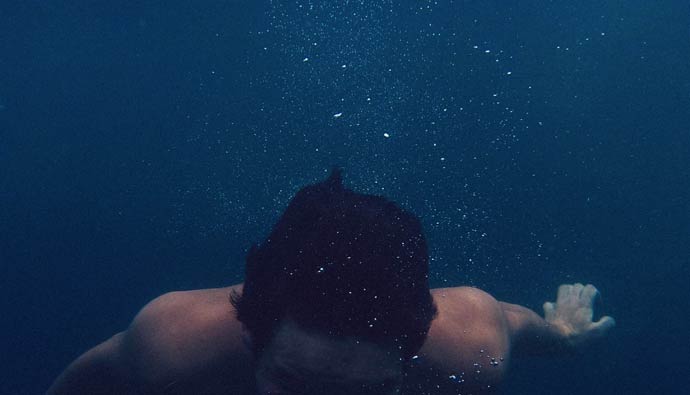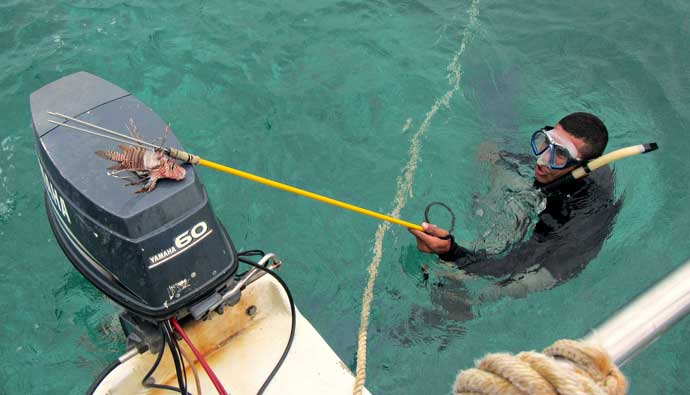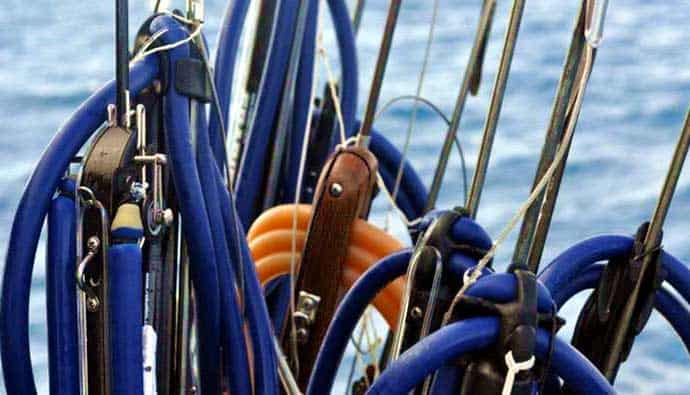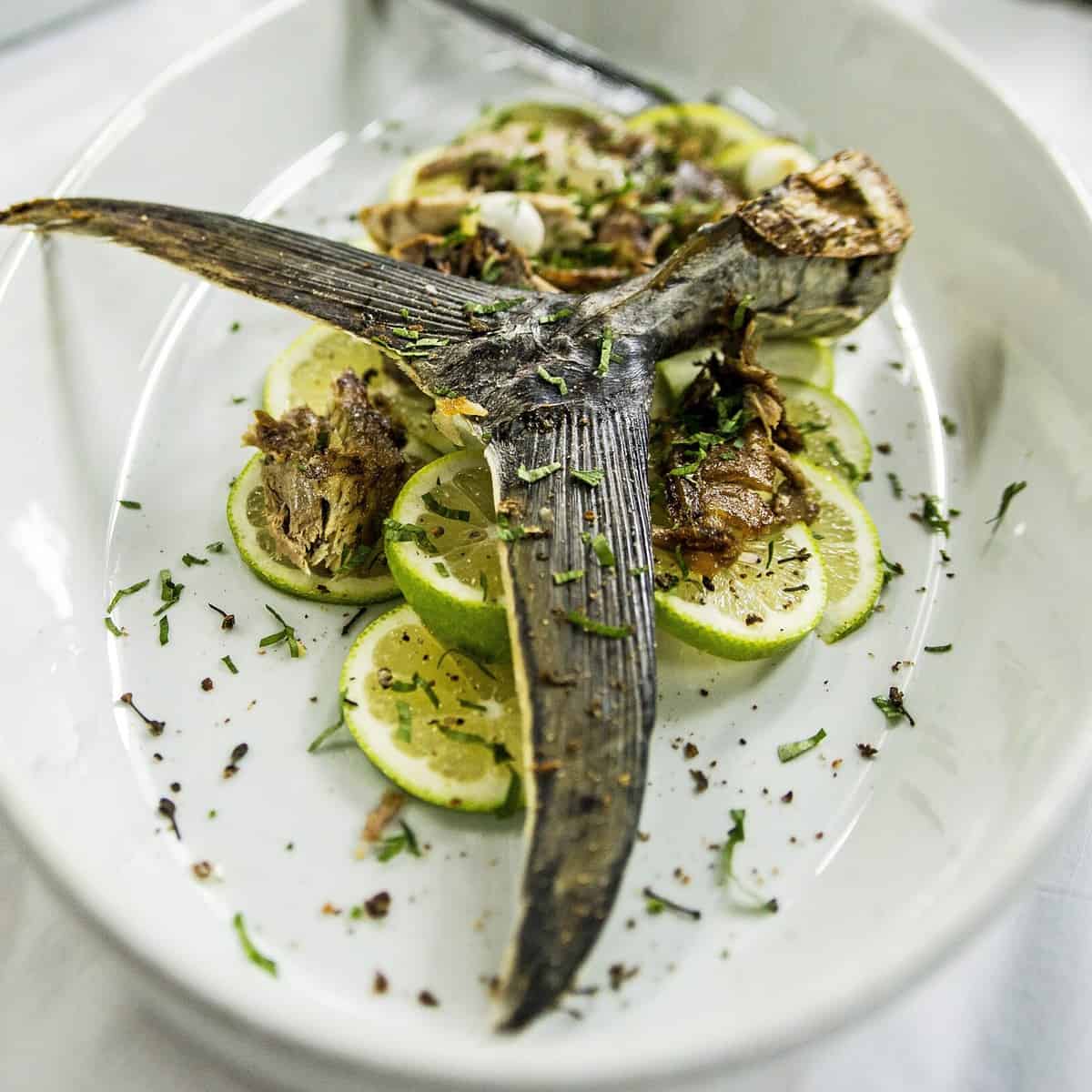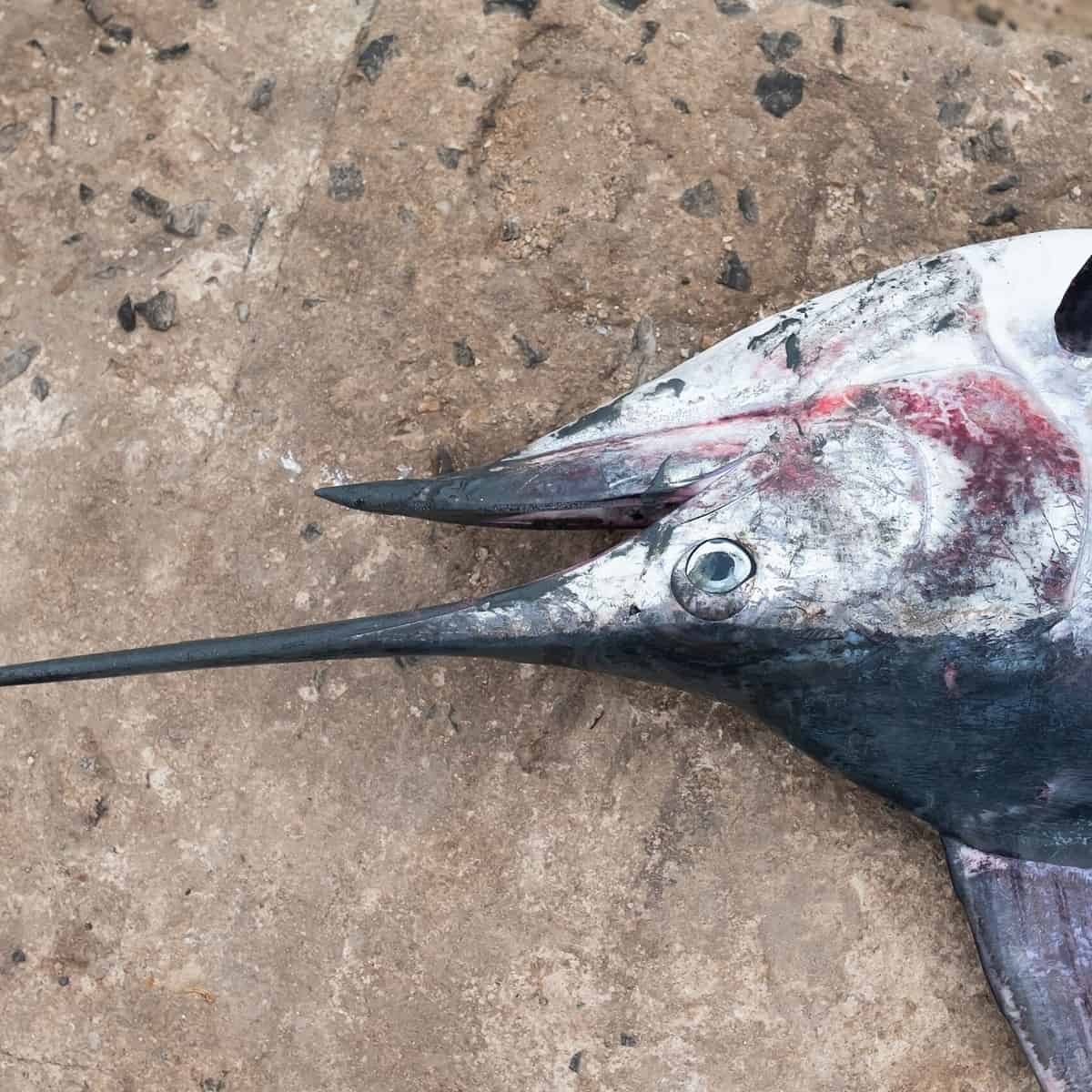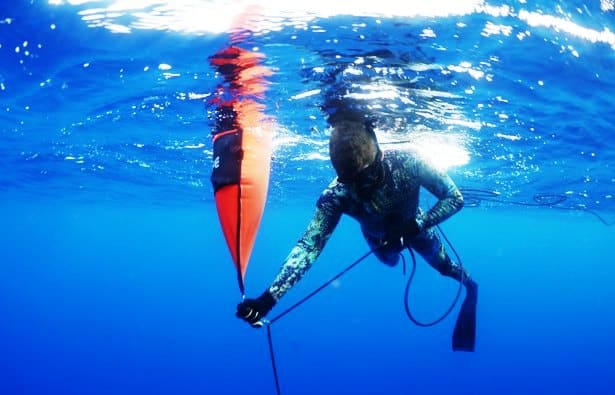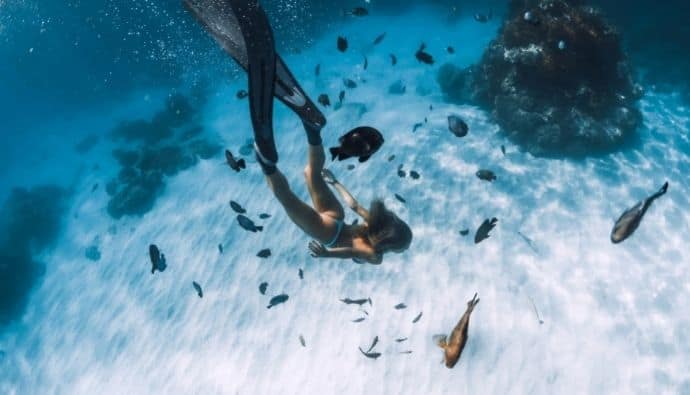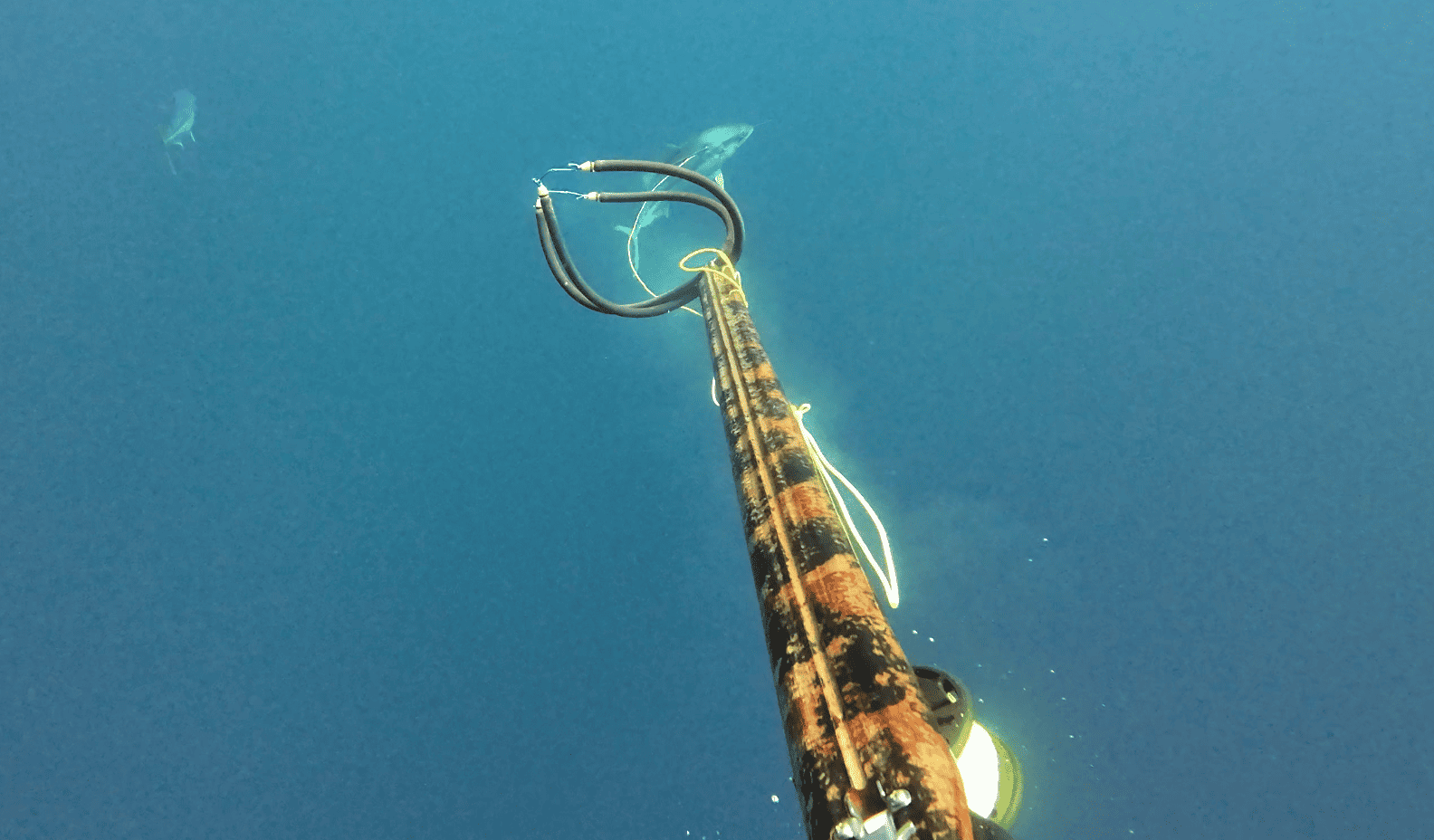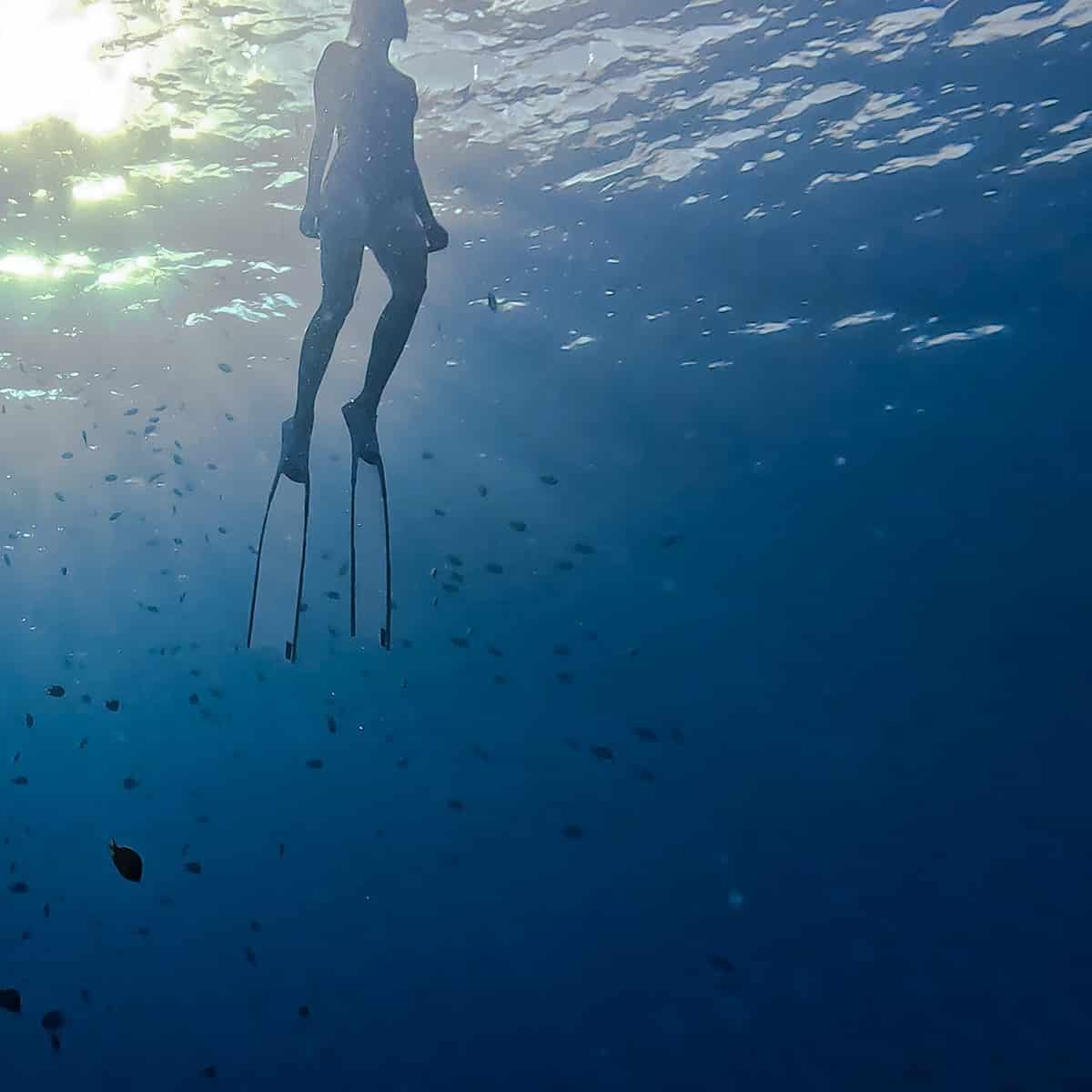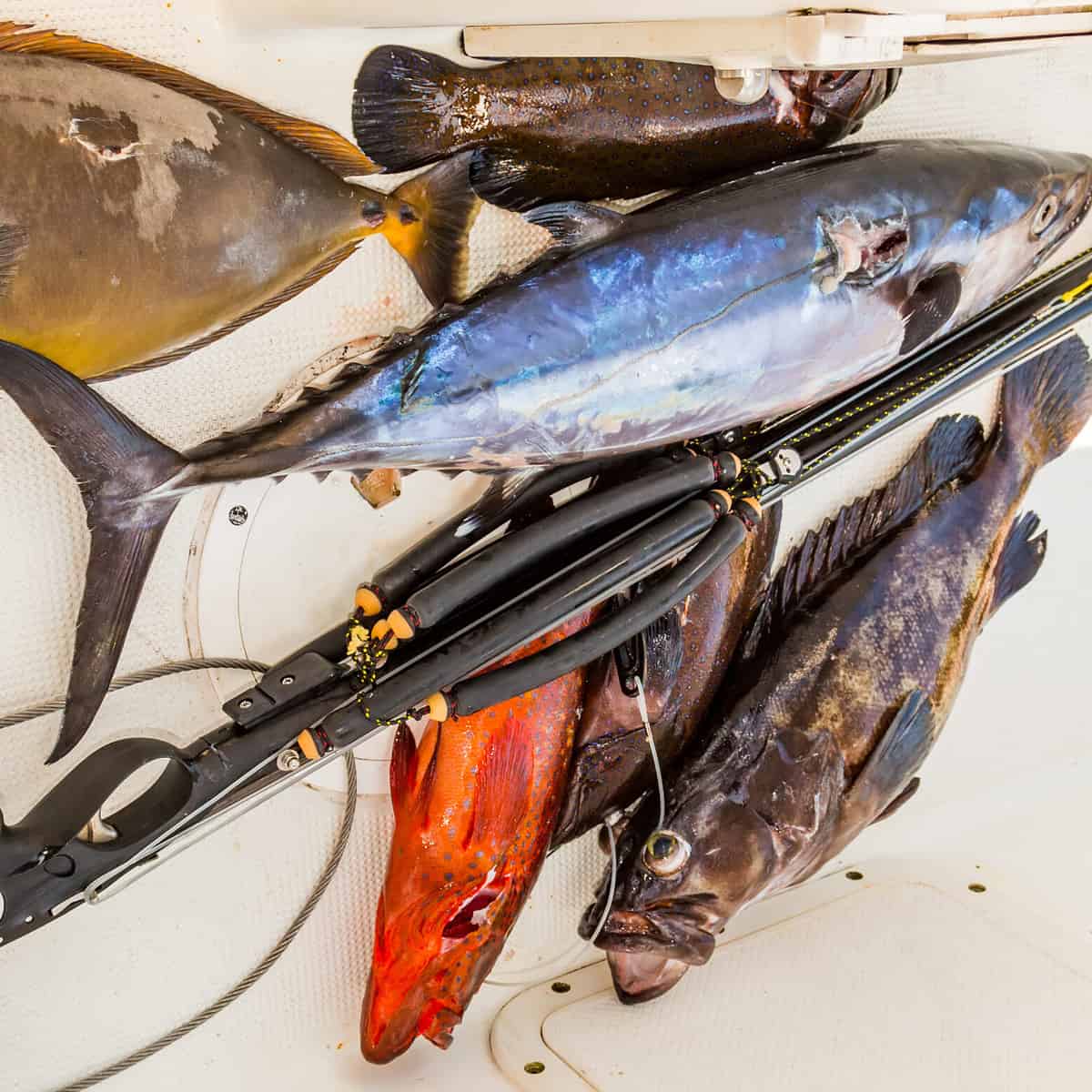My garage is a barren wasteland of crap gear that shouldn’t even exist.
Whether you’re browsing Amazon or Craigslist, you’ll quickly realize the junk that’s being manufactured. Heck, dive shops could also steer your wrong if you let them. When I started, I went to my local shop because they had a massive sale and proceeded to leave with every piece of gear. I felt like a champ, feeling that I scored a deal, but after about a year, when my gear was crapping out, I realized I had been played. Frustrated, I started talking with divers and researching to determine what was good.
Before buying all your gear, make sure spearfishing is something you’ll follow through with.
If you spend hundreds or thousands of dollars on new gear only to find that spearfishing isn’t for you – you’ll be adding to the Craigslist wasteland of divers with broken dreams.
Spearfishing isn’t cheap. And those who use budget-friendly gear are likely putting themselves in danger without realizing it. For example, diving in an ill-fitting wetsuit will leave you cold during a long dive. A crappy knife won’t cut when you need to break free from your line that’s stuck on the reef. Or your fins are stiffer than plywood, making your legs cramp at depth.
New divers don’t realize these things could happen until you’ve dove for a while. This is a sanity checkpoint – are you going to do what you can to save up the proper funds to dive with functional gear?
If so, let’s look at the advice that will help you navigate the various pitfalls of buying gear.
1. Keep It Simple – Critical Vs. Replaceable.
@eric_janderson: Less is more
@h2obymotorcycle: Keep it simple and cheap. You’re inevitably going to lose everything once.
Keeping your gear down to the essentials will make you a more effective hunter.
The last thing you want to do is put a dive knife on each limb and your dive belt, only to go into the water with a false sense of confidence. Instead, take a step back and think, what do I need for a successful dive?
Here’s the essential list:
- Wetsuit
- Mask
- Snorkel
- Weights and weight belt
- Fins (with socks)
- Gloves
- Dive knife (s)
- Float and floatline (dive flag)
- Weapon
That’s a lot of stuff! When you tally it all up, you’re likely to spend north of $800 depending on what shop you visit or brands you pick. I recommend breaking the gear into two buckets – critical and replaceable.
Critical:
- Mask
- Snorkel
- Dive Knife
- Wetsuit
Replaceable:
- Weights and weight belt
- Fins (with socks)
- Gloves
- Float and floatline (dive flag)
- Weapon
I’m not saying the Replaceable gear should be junk. When diving you want to be able to see, breathe, and not be cold. This will keep you sane as you’re acclimating to the sport. The rest of the gear is interchangeable from a functional standpoint.
Therefore, focus your money on the critical items at the start and buy slightly lower-quality Replaceable items. Eventually, you’ll have a few sets of everything if you stick with the sport long enough.
2. Constraints Will Make You A Better Hunter
@unkolearnuhow: start with a pole spear until you learn to hunt effectively
Building constraints into your diving will force you to focus on what matters to be an effective hunter.
Early on, one of my favorite lessons was ditching my speargun for a pole spear. It reduced my effective range to a few feet. This meant I had to learn how to get closer to fish before shooting. Easier said than done. Eventually, I learned the art of remaining calm and not spooking fish. Also, pole spears aren’t limited to reef species. Down in Baja, we use them with a float to target yellowtail. Nothing beats bringing in a quality fish with self-imposed hurdles.
Consider a pole spear to learn the fundamentals to expedite your hunting skills.
3. What Is Quality Gear?
@tom.e_fontaine: Buy once, cry once.
@nico.aanderson: Buy it nice or buy it twice – don’t buy shitty gear, good gear will last.
@aquaholic173: you’ll never regret paying for quality
Quality gear needs a proper definition – equipment that will last at least two seasons, is easy to repair, and does its function.
Is this too much to ask? I don’t think so. I’ve tried a lot of gear, but brands switch lineups so fast it’s pointless to say what you should buy at this point. Instead, I’ll provide a few rules of thumb to help you make better buying decisions.
- Wetsuits – ensure the edges and seams are bulletproof without weak points.
- Your mask needs to fit correctly and should be colored silicone.
- Knives need to be sharp and stainless steel. It’s hard to find one that won’t rust, so wash it with fresh water and dry it quickly after a dive.
- Fin foot pockets need to be comfortable and not too tight or loose. Get them molded to your foot if possible.
- Plastic fins work for anything other than blue water.
- Use a silicone weight belt.
Learn how to use your gear correctly. Your wetsuit will last if you use proper lube to put it on and know that fingernails rip the internal neoprene. Keep your equipment rinsed with fresh water and out of the sun or hot cars.
Middle-of-the-road priced gear will likely meet all of these needs if you take care of it.
4. Function Over Flash
@hobieladd: a good pair of fins is better than a super expensive speargun!
@the_spearfactor: the best gear is the stuff that fits and is comfortable
It’s easy to get sucked into keeping up with the spearfishing Jones’s.
Just because you rock an expensive set of carbon fins or the “best” gun on the market doesn’t make you a better diver. Just look on YouTube at the folks in the Philippines diving down with a piece of wood with a bike tire tube as a bungee-killing fish at over 100 feet. You’ll never feel competent if you compare yourself to them or other divers. That’s why the comparison is the death of joy. Focus on you and you alone.
Buy gear that helps you kill fish while keeping you comfortable and safe.
5. Don’t Keep Switching
@like_kikkoman_unko_shoyu_how: Stick to what works
@amphibious_photos: Buy gear that you’ll grow into, but isn’t too high-end. This gear will become your backup.
I always get a kick seeing divers show off their arsenal of spearguns only to curse when they miss shots..
Why does this happen? Each speargun is different – buoyancy, tracking, triggers, trigger pulls, recoils, and other variables. When you stick to one gun, you’ll build the proper internal compensations that make you accurate. If you need to switch your gun, then take the time to recalibrate.
Therefore, if you want to be deadly accurate, stick to a setup that works.
6. The Wrong Gear Could Kill You
@blakem.davis: Always dive with a knife. It’s the one piece of gear that could save your life.
@beefytshields: The cheap stuff the newbies buy doesn’t have the bungee wrist cord and it kills people.
Poor gear choices and maintenance could kill you.
For example, imagine diving down on a white sea bass you shot that’s tangled in the kelp. After you secure it, you start kicking up. It wakes up, breaks from your hand, and wraps around you and the kelp multiple times. You grab your knife and start cutting the line, but it’s not cutting fast enough, and you’re running out of air. You panic and kick harder since you’re not far from the surface. Thankfully the kelp breaks, and you reach the surface – nearly blacking out. Your dive buddy wasn’t paying attention, but you beat death this time. Your knife was dull and almost killed you.
This was me – never have a dull knife.
For the divers who go bug hunting or dive caves, @beefytshields shared a tip others should know regarding leashes. Make sure you get ones that have bungee cords. Imagine sticking your hand and flashlight in a hole, and it gets stuck. If you have a non-stretchy cord, you’ll need to use your other hand to loosen the clip to get your other hand out. With a bungee, you can just pull your hand out.
A subtle change that could save your life.
7. Gear To Keep In Your Car
@immersionfd: swimmers ear pour out half refill with distilled vinegar leave in dive mask box don’t forget
I like to keep a large plastic bin in my car to keep all my gear in one place so I don’t forget anything.
I put all my gear in this bin the night before a morning dive. In the morning, I fill up a large insulated container with hot water to wet my suit before I put it on. I also use it as a post-dive shower. I have a surf mat to keep my wetsuit off the ground while changing, so I don’t get oil from the asphalt on anything. If you have ear issues, it’s helpful to have a mixture of alcohol and vinegar to put a few drops in post-dive to prevent anything from growing there.
Being organized reduces diving stress.
I hope this advice helps you make more intelligent purchases and keeps you safe and your wallet fat.




 Facebook
Facebook YouTube
YouTube